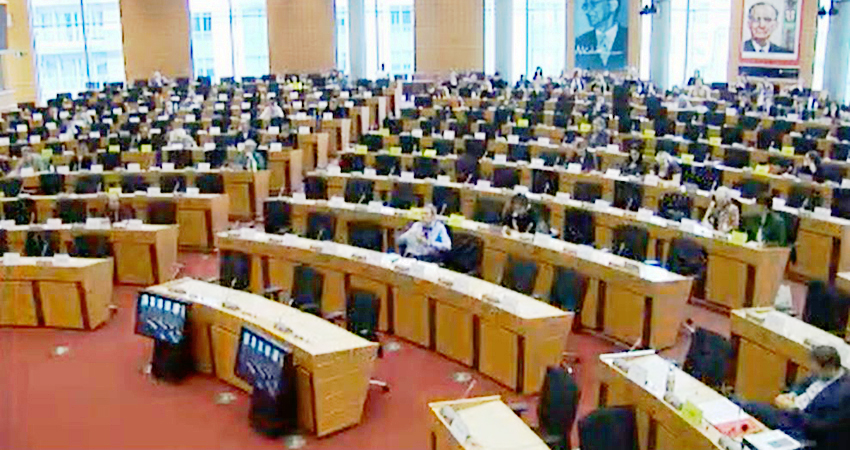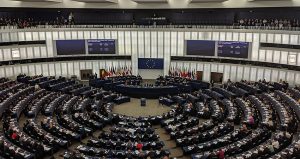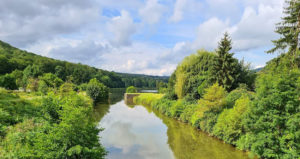WFD: European Parliamentarians plea for sanctions

-
 Editorial Team
Editorial Team
Share article:
Do not change the Water Framework Directive (WFD), preserve the level of ambition and don’t be too gentle to the Member States that don’t comply to the directive. Some parliamentarians even plead for sanctions during a meeting with European Commission director for quality of life Veronica Manfredi on the 17th of February in Brussels. They want a better implementation of the WFD across Member States.
Veronica Manfredi presented the fitness check of the Water Framework Directive and daughter directives that was published on the 10th of December 2019 by the European Commission to the ENVI-committee. The fitness check was replied by 370.000 citizens, the largest number of citizens ever involved, said Manfredi. Until 2015 only 40% of Europe’s lakes, rivers, estuaries and coastal waters complied to a minimum ‘good’ or ‘high’ ecological status revealed the European Environment Agency in their latest ‘state of water report’ in 2018.
Fit for purpose
After the fitness check the European Commission concluded the WFD, the Floods Directive and Groundwater Directive are largely fit for purpose. According to the commission not meeting the WFD’s objectives is largely due to insufficient funding, slow implementation and insufficient integration of environmental objectives in sectoral policies. During the meeting Manfredi put it mildly: ‘The implementation has not been as successful as we hoped’.
Water crosses borders
The Water Framework Directive was adopted in 2000 and Member States were expected to achieve ‘good status’ for water bodies by 2015. But the implementation of the WFD did not go as planned and the ambitions are still far from reached. During the meeting Manfredi emphasized 60% of all water bodies crosses borders. Member States have to work together to avoid pollution transfer from one country to another, she stated.
Protect drinking water
The European federation of national water services Eureau states in a declaration on their website the WFD has to work in order to protect drinking water resources. ‘Drinking water operators should be able to rely on high quality water resources so that citizens do not have to pay for expensive treatments. We are looking forward to seeing how the European Commission will address this issue in the future.’
Communication on trends
Manfredi also stated the ‘one-out-all-out’ principle makes it difficult to make progress visible. She thinks better communication could solve this problem. Reporting about trends may make efforts to comply to the WFD more visible.

















